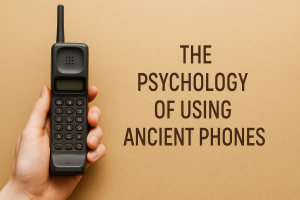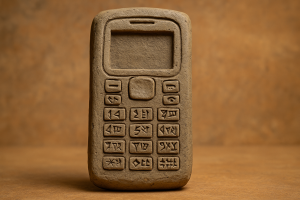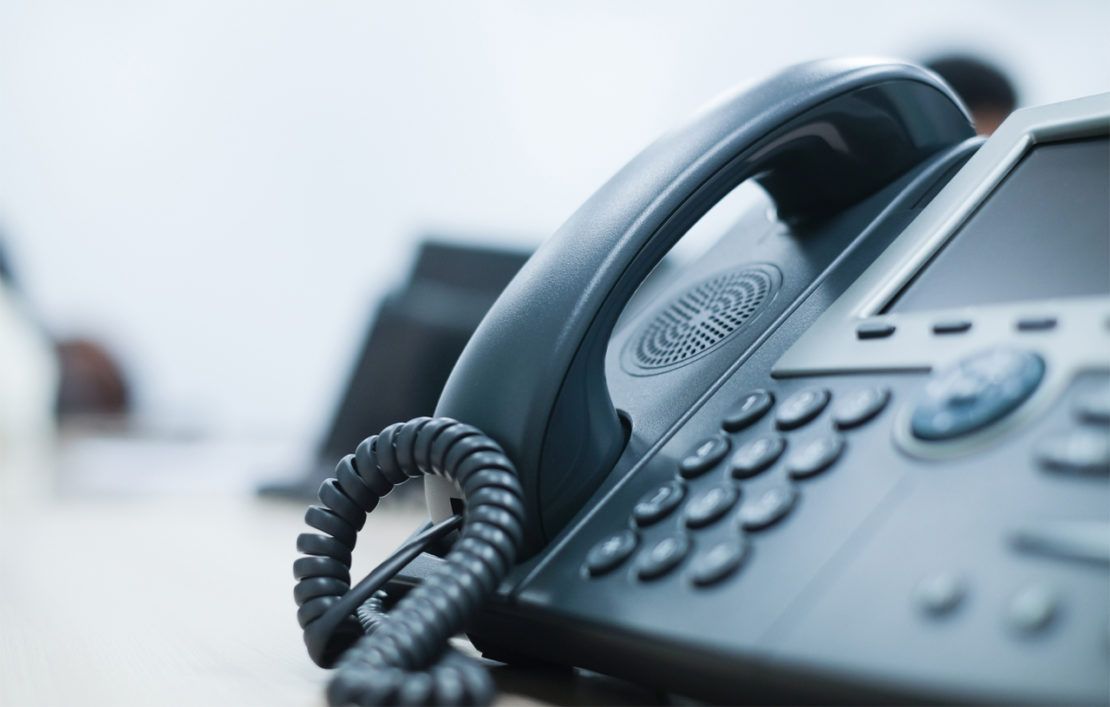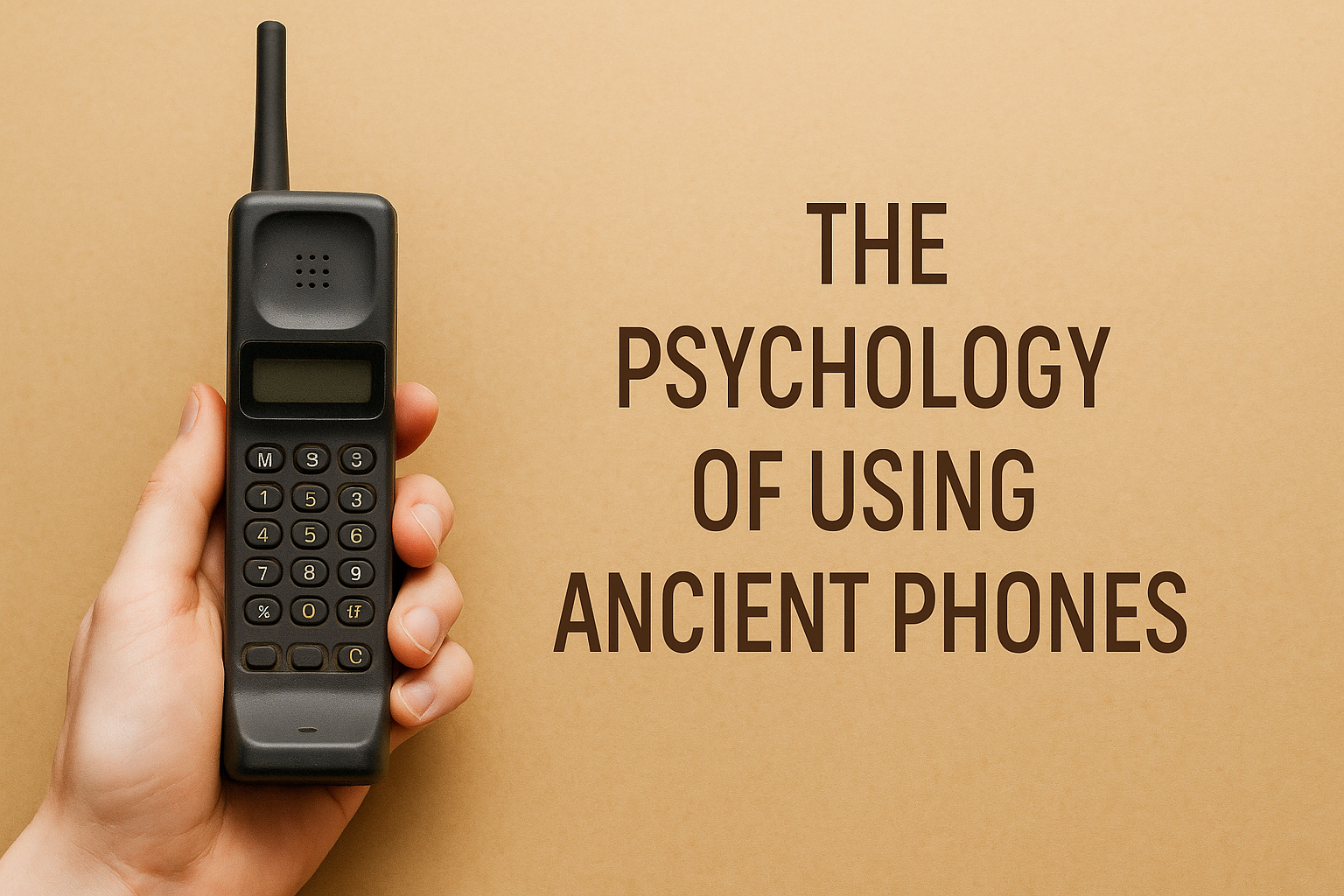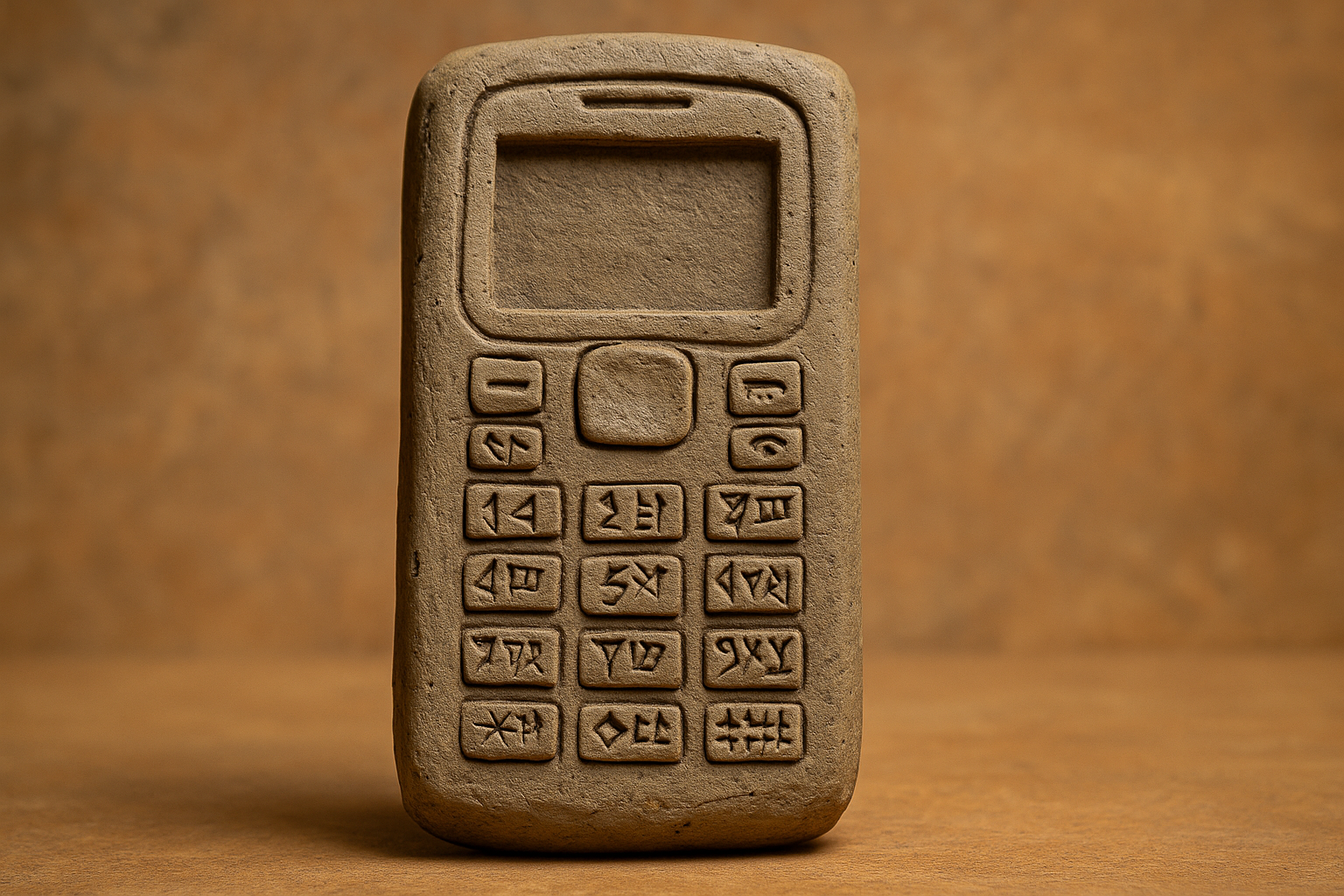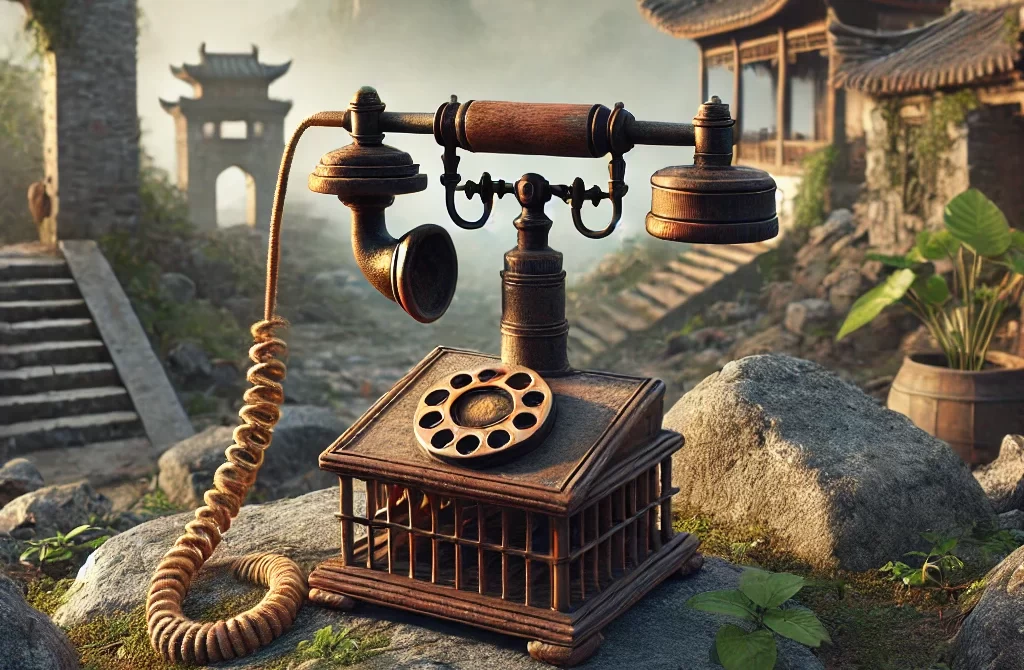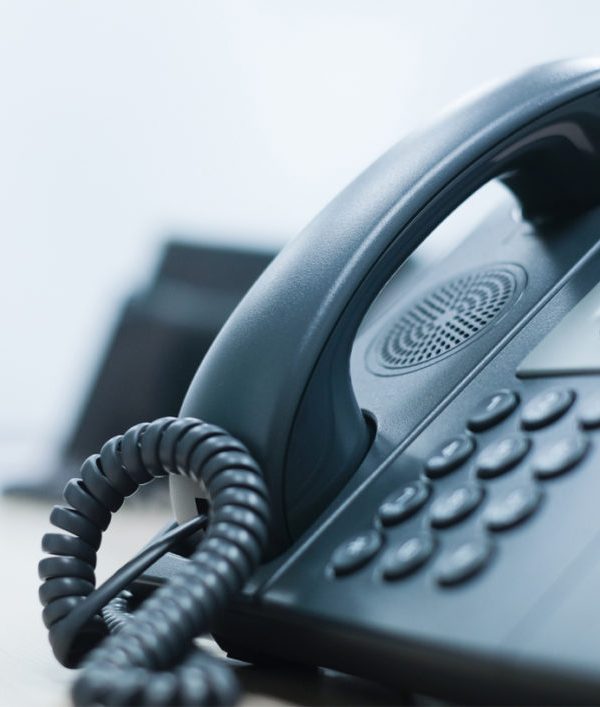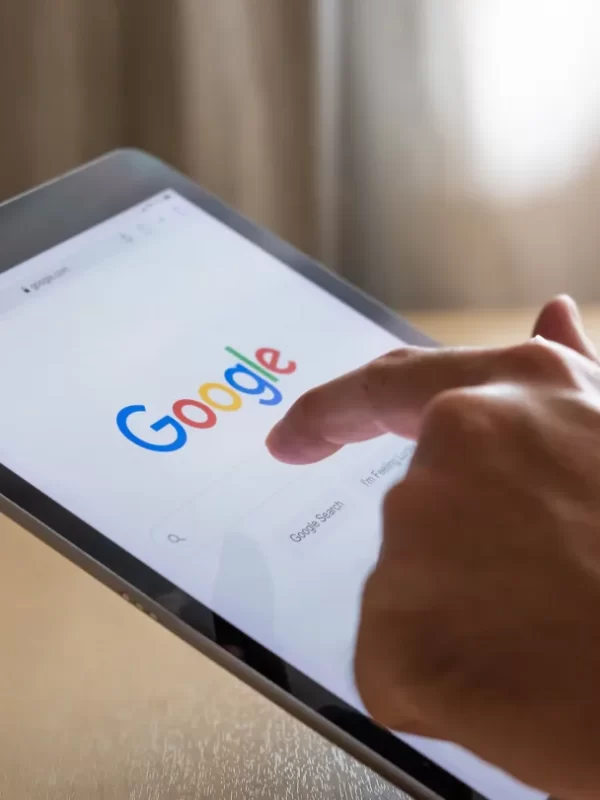In an era dominated by sleek smartphones, the idea of using ancient phones—early mobile devices or even rotary and push-button phones—can seem almost surreal. Yet a growing number of people are voluntarily stepping back from hyper-connected devices in favor of these “ancient” technologies. Understanding the psychology of using ancient phones can reveal much about how modern society interacts with technology and the mental toll of constant digital connectivity.
This article explores the emotional and cognitive aspects of choosing ancient phones over modern smartphones. We will also highlight the key differences of ancient phones and smartphones, the reasons behind this retro-tech trend, and what it means for mental health and productivity.
Why People Are Returning to Ancient Phones
One of the most prominent psychological motivations behind using ancient phones is digital detox. Smartphones are designed for constant stimulation, with notifications, social media, and apps vying for attention. Ancient phones, by contrast, are stripped of these distractions.
Users report experiencing:
- Reduced anxiety – Without an endless barrage of alerts, the mind can focus on the present.
- Improved relationships – Conversations become more meaningful without the temptation to scroll.
- Better sleep – Ancient phones lack blue light screens and addictive apps, allowing healthier sleep cycles.
This shift ties directly to the psychology of using ancient phones: it’s about reclaiming control. Many people feel that smartphones dictate their habits. An ancient phone is a tool, not a master.
Differences of Ancient Phones and Smartphones
Understanding the differences of ancient phones and smartphones can help clarify why the experience is so different.
- Functionality: Ancient phones focus almost exclusively on calling and texting. Smartphones offer a vast range of functions—social media, streaming, navigation—which can lead to overstimulation.
- Design: Ancient phones have tactile buttons and simpler interfaces. Smartphones rely on touchscreens and sleek designs optimized for media consumption.
- Connectivity: Ancient phones disconnect users from the internet. Smartphones keep users online 24/7.
- Durability: Ancient phones are often more durable, with long battery life and fewer breakable parts.
- User Experience: Smartphones are designed to be engaging, even addictive. Ancient phones offer a more utilitarian, interruption-free experience.
These differences explain why many users feel liberated when switching to an ancient phone.
The Psychology of Using Ancient Phones
From a psychological perspective, ancient phones meet basic communication needs without triggering the dopamine-driven feedback loops embedded in modern smartphones. The psychology of using ancient phones reveals several key insights:
- Less Choice, More Clarity: Modern smartphones overwhelm users with choices—apps, notifications, and distractions. Ancient phones reduce options, creating mental clarity.
- Mindfulness and Presence: Without endless apps, users are less likely to multitask or constantly seek stimulation. This promotes mindfulness.
- Lower Social Comparison: Social media is a major source of anxiety and self-comparison. Ancient phones remove this pressure entirely.
- Empowerment Through Simplicity: Users often feel more in control of their time and mental state, free from algorithmic manipulation.
This psychological freedom can be deeply rewarding, leading many to stick with ancient phones long-term.
Mental Health Benefits
The mental health benefits of switching to ancient phones are well-documented by anecdotal evidence and early research. These benefits include:
- Lower stress levels – Users aren’t constantly exposed to alarming news headlines or endless notifications.
- Improved focus – Without apps and games, the brain can sustain attention for longer periods.
- Stronger relationships – Conversations become deeper and more personal without digital interruptions.
Psychologists argue that ancient phones create a barrier between the user and the constant digital noise that pervades modern life.
Productivity and Time Management
Another important factor in the psychology of using ancient phones is productivity. Smartphones are productivity tools, but they are also entertainment hubs. This dual role can lead to time-wasting habits.
Ancient phones, on the other hand, encourage users to use technology purposefully. If you pick up an ancient phone, you’re likely to call someone or send a short message. There are no distractions like news feeds or video apps, which can save hours of wasted time each week.
Nostalgia and Emotional Connection
There is also a nostalgic component to the trend. Ancient phones remind users of a simpler era when technology was less invasive. This nostalgia can create positive emotional experiences, reinforcing the decision to use these devices.
In addition, the tactile nature of ancient phones—pressing physical buttons and hearing a satisfying click—can be comforting. Smartphones, while sleek, often feel intangible by comparison.
Are Ancient Phones the Future of Digital Well-Being?
While it’s unlikely that ancient phones will replace smartphones, they represent a growing movement toward mindful technology use. For some, adopting an ancient phone is a temporary experiment; for others, it becomes a lifestyle choice.
The key lesson is that the psychology of using ancient phones is about creating boundaries. Users want to control when and how they interact with technology, rather than being controlled by it.
How to Try an Ancient Phone Lifestyle
If you’re interested in experiencing the benefits yourself, consider the following steps:
- Start Part-Time: Use an ancient phone on weekends or during vacations.
- Limit Smartphone Functions: If switching entirely feels overwhelming, disable social media apps and notifications on your smartphone.
- Embrace Simplicity: View the limitations of ancient phones as strengths.
- Reflect on the Experience: Notice how your mental health, relationships, and productivity change.
This experiment can be eye-opening and help you decide how much digital connectivity you really need.
Conclusion
The resurgence of ancient phones highlights a growing desire for simplicity in an increasingly complex digital world. Understanding the differences of ancient phones and smartphones allows us to appreciate why these devices feel so different to use.
The psychology of using ancient phones reveals that the appeal lies not only in nostalgia but also in mental clarity, reduced anxiety, and improved focus. While smartphones aren’t going away, the lessons we learn from ancient phones can help us use modern devices more intentionally.
